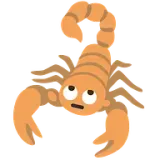Interlude
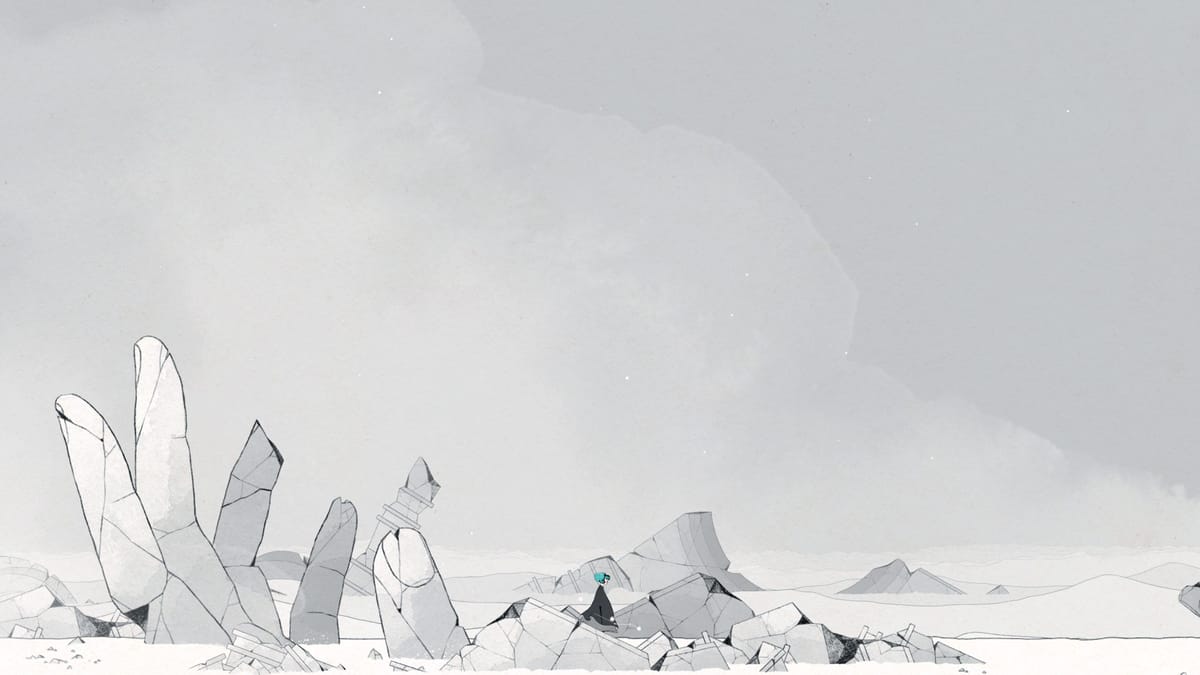
A quick one, this week, because, well…
Our cat Bianca died a few days ago. It was sudden. We’d hoped to have a couple more weeks, but she became unable to eat, and keeping her longer wouldn’t have been right.
She arched and smooched and purred in the vet’s surgery, right until the end.
There is a lot I would love to write about our wonderful cat’s passing, about the startling sadness that the death of a pet can create, about how it tangles up with the loss of other loved ones, and even stirs the ashes of grief past to reveal long-smouldering coals.
How tired being sad makes you.
When I try, I choke. I can feel the words rattling around up there, even hear them, but between up there and this keyboard, this screen, there is a relay that isn’t working. Like a cat that meows at the door and then won’t come in, as she did, as all cats do.
So I’ll talk about a video game I liked instead.
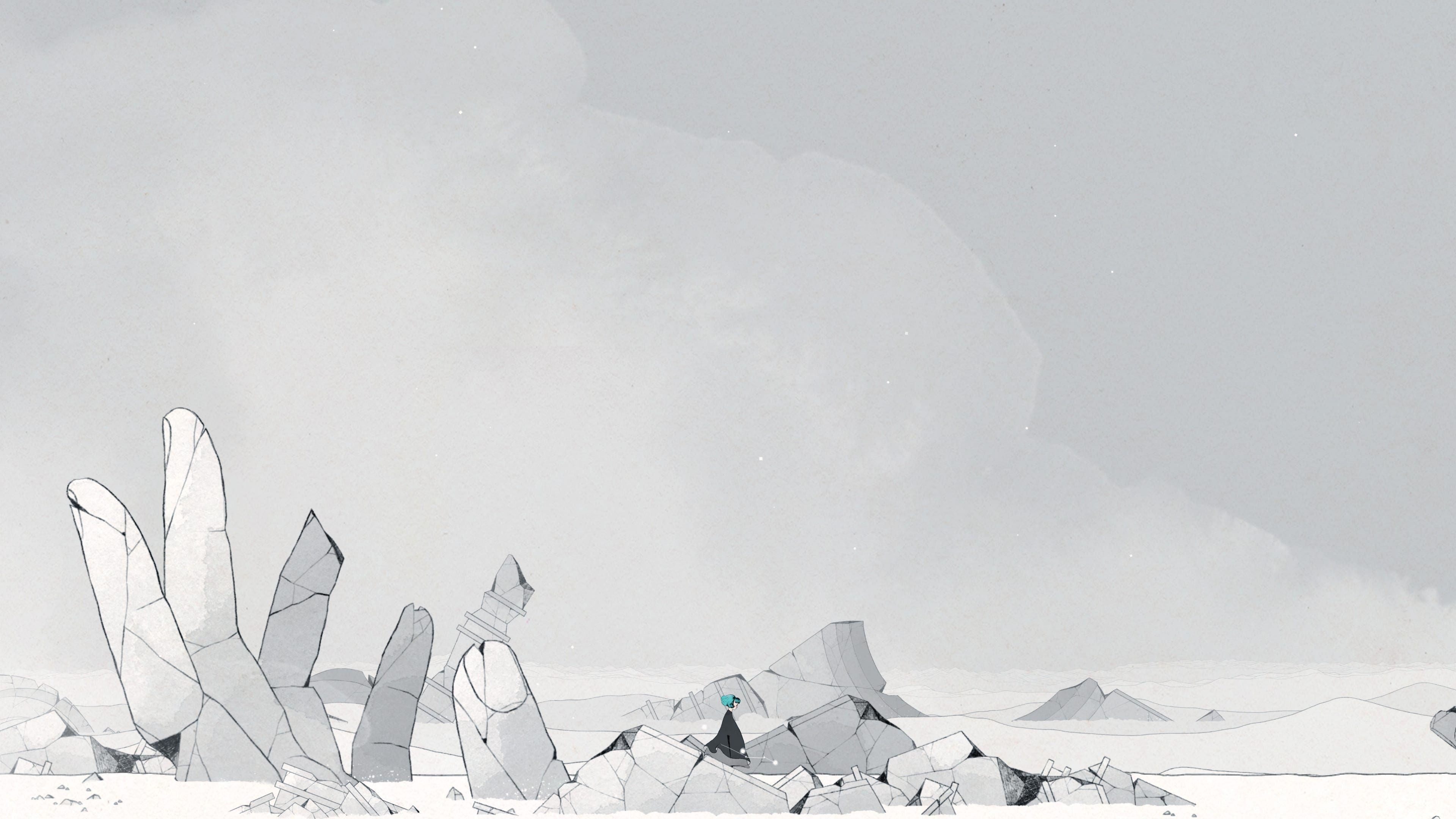
That screenshot is from Gris, a 2018 game by the Spanish developer Studio Nomada, and it came from nowhere — I saw it by chance on GamePass, a service I subscribe to sporadically — to become one of my favourite games.
This is because it is less a game and more an interactive painting, a work of the most stunning animation, and a rich, emotive soundscape.
It is about grief.
Gris leverages the notion of the stages of grief, which — while being medically mythological and psychologically problematic1 — can still have a use as art. In this case, the metaphor is literal: grief as actual video games stages. Hah.
It begins, as grief does, with the world shattering around you, plunging you into something unknown.
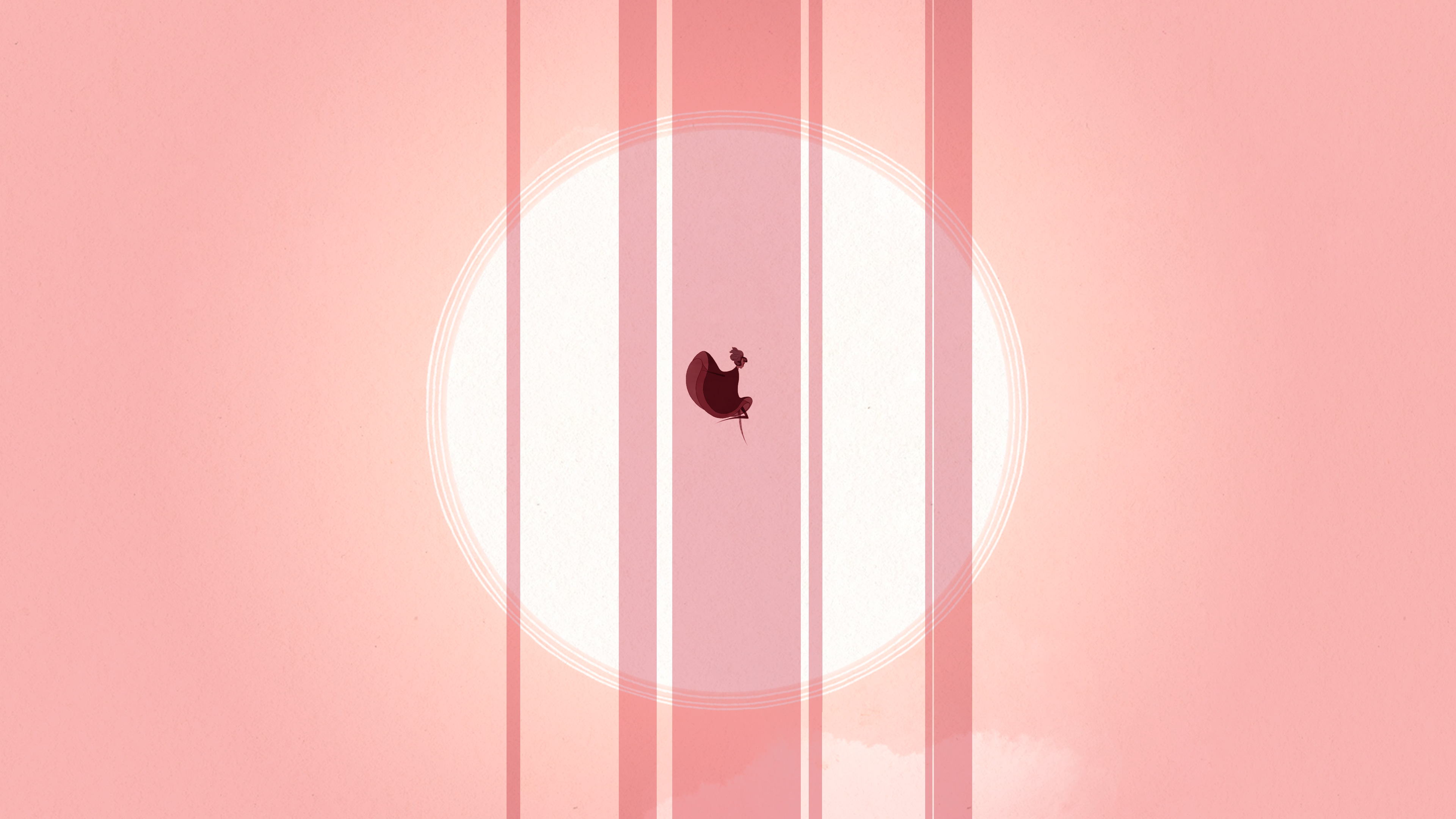
And you are battered and buffeted by storms that seem to come from nothing, from nowhere, and relent as quickly as they arrived.
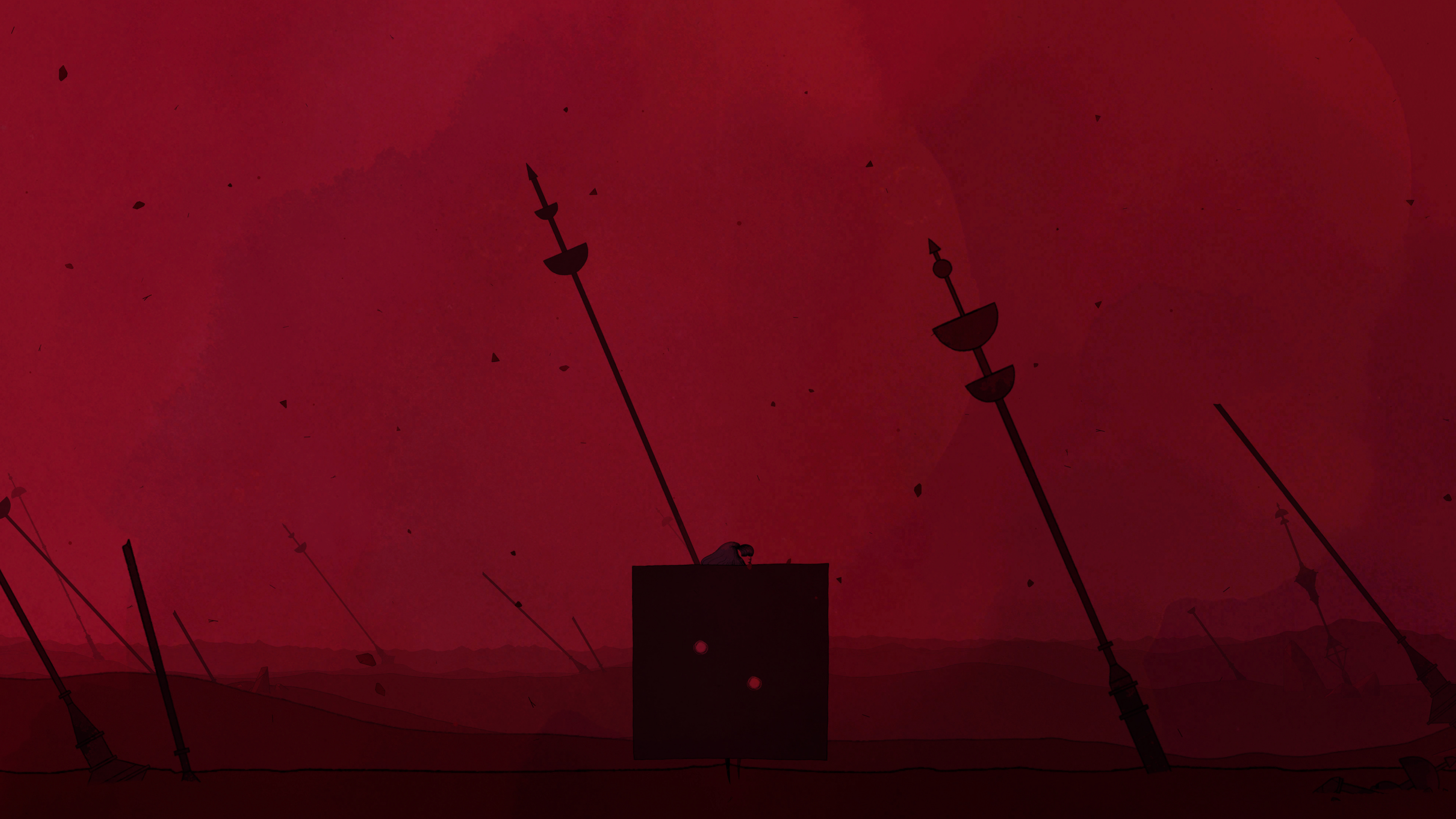
And as you move through it, you find a way to live with grief; to appreciate its presence as a reminder of something you loved.
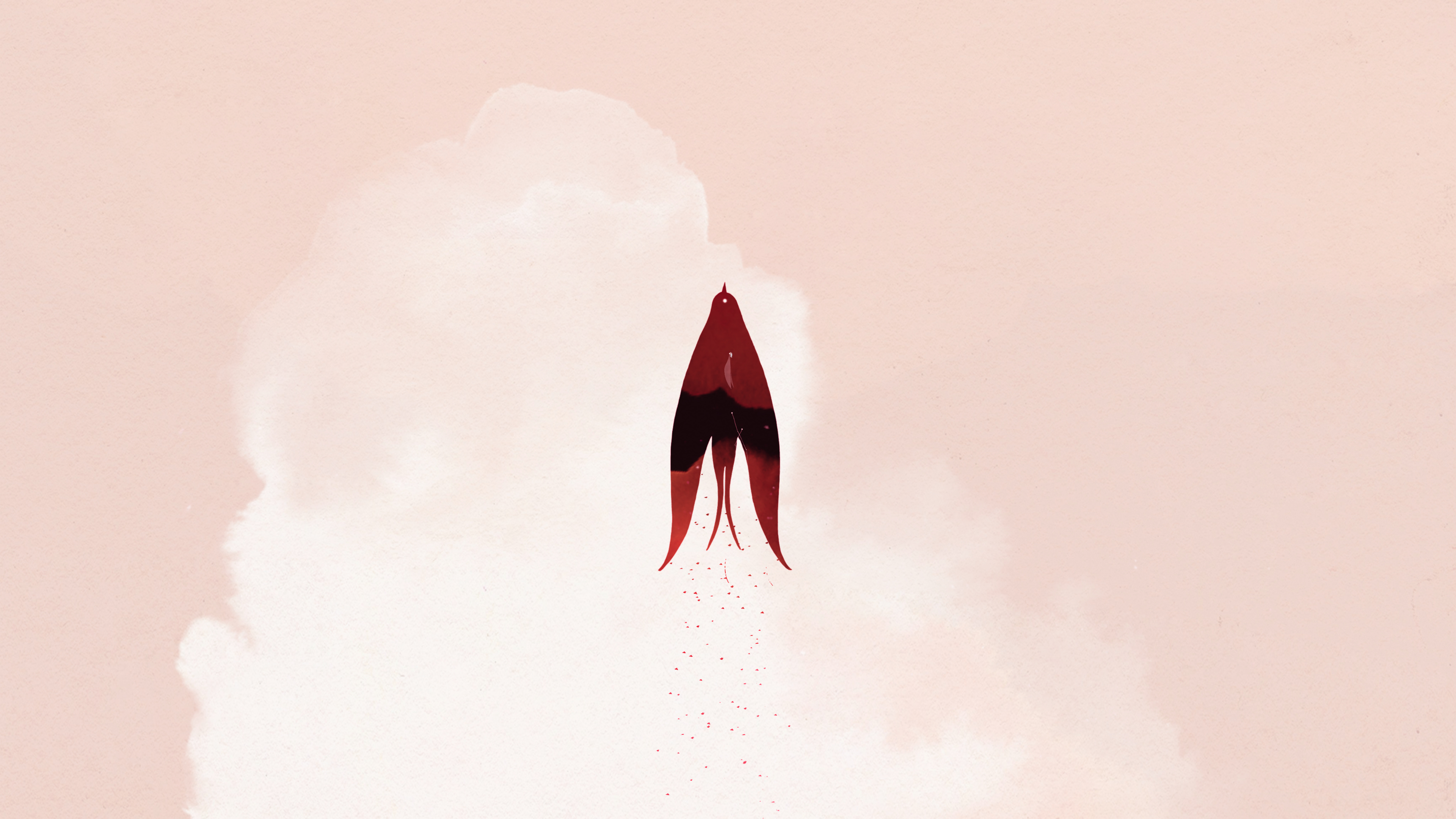
The gameplay mechanics, in one aspect, are simple but pin-point perfect platforming. On another, they are experiencing emotion. It’s not like merely looking or listening, it is performing it, living it.
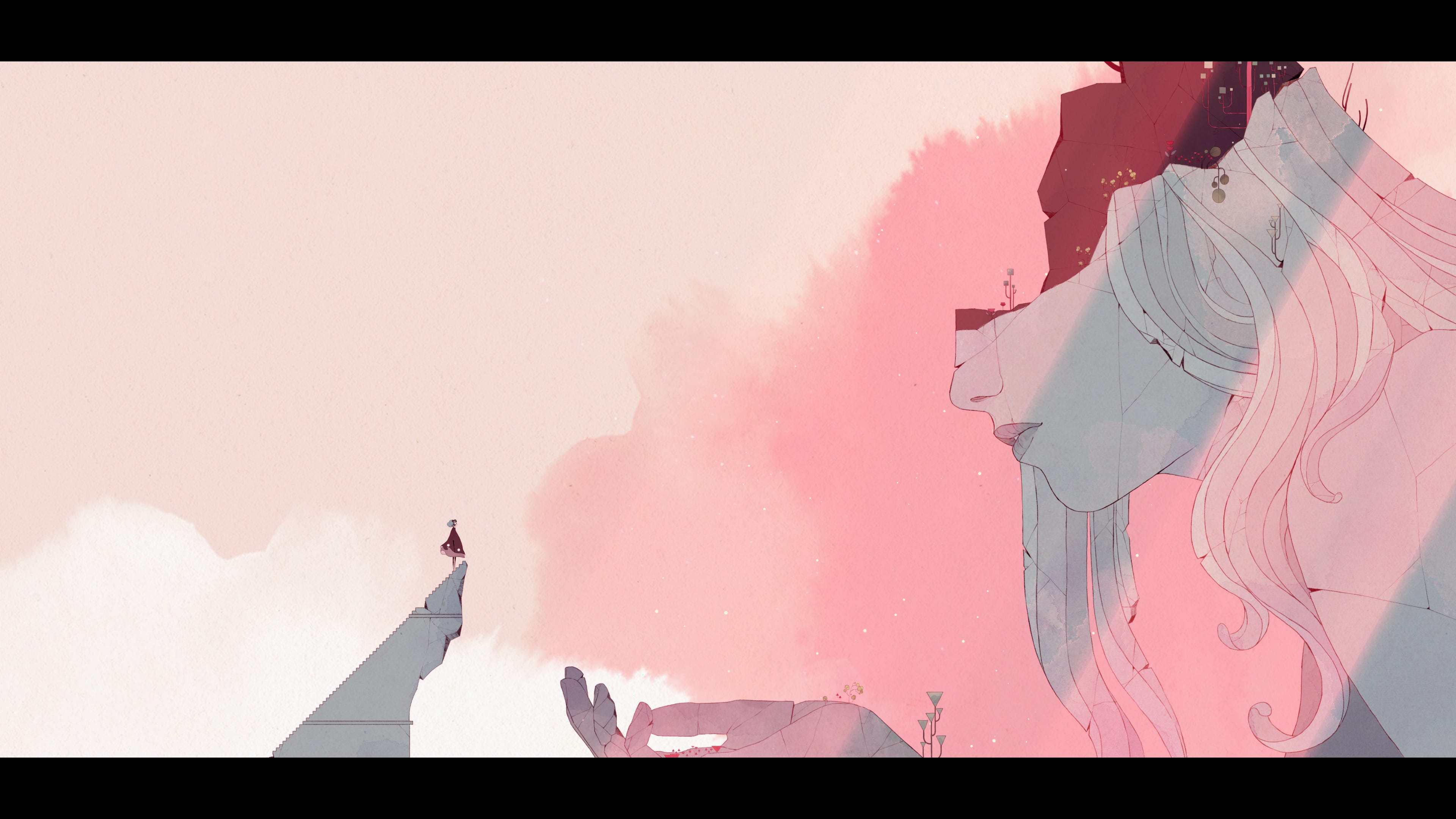
Because of this, you can feel extraordinary catharsis as you move through the stages. It is precisely the same sort of release you get from putting on sad music when you’re feeling down, but multiplied (in my case, at least) ten thousand fold; it is homeopathy for the soul. With the notable and useful caveat that, for once, this homeopathy actually has an effect.
Gris is available on pretty much any device you might like to play games on, from PC to PS5. It’s even on the iPhone. I’d recommend it to anyone who likes meaningful art, music, or who has experienced loss, and I think that’s… pretty much everyone.
Your results may vary. With the stuff that’s happened over the last few months I could probably be brought to tears by an emotively-shaped paperclip, so take all this with a grain of salt. I think you’ll like the game, though. It’s only a few hours long. Give it a go, even (or especially) if you’re not normally a gamer. For my part, I’m just grateful to Gris for helping give form to something that’s so amorphous, so difficult to talk about. If there are any other games — or works of art, or movies, or albums — that make you feel the same way, then please feel free to talk about them in the comments.
And now, some housekeeping.
Season One is almost over.
I like the idea of splitting this newsletter up into seasons, like a TV show, or, you know, the year. And once I’ve got that last commissioned painting finished, I’ll have caught up on the things I was most behind on. Having actually achieved some self-improvement feels worthy of a demarcation. I am thinking of calling Season One The Baggage, because I feel like there’s a lot that I’ve unloaded from the brain’s endless conveyor belt, but I’m open to suggestions.2
Over the next season, I’ll be looking a lot at exercise science and associated myths, while I torture myself at the gym. I’ll be doing more picking apart self-improvement tomes in an attempt to find useful titbits. I’m still convinced that most self-help books are vastly inflated pamphlets, so I’ve decided to cut them down to a more appropriate size. For everything I find that seems broadly applicable and that actually works, I’ll be writing it up into a mini-book, that I’ll make available for free. Suitable (or unsuitable) title suggestions are very welcome.
And thanks to the enthusiastic feedback last time, I’ll also be putting together a couple of posts, or possibly more, during the season break about learning to do art, and how — if you’re not an artist yet — you can very probably get better at drawing than you ever thought possible. And if that sounds like a self-help book blurb, good! It’s true, though.
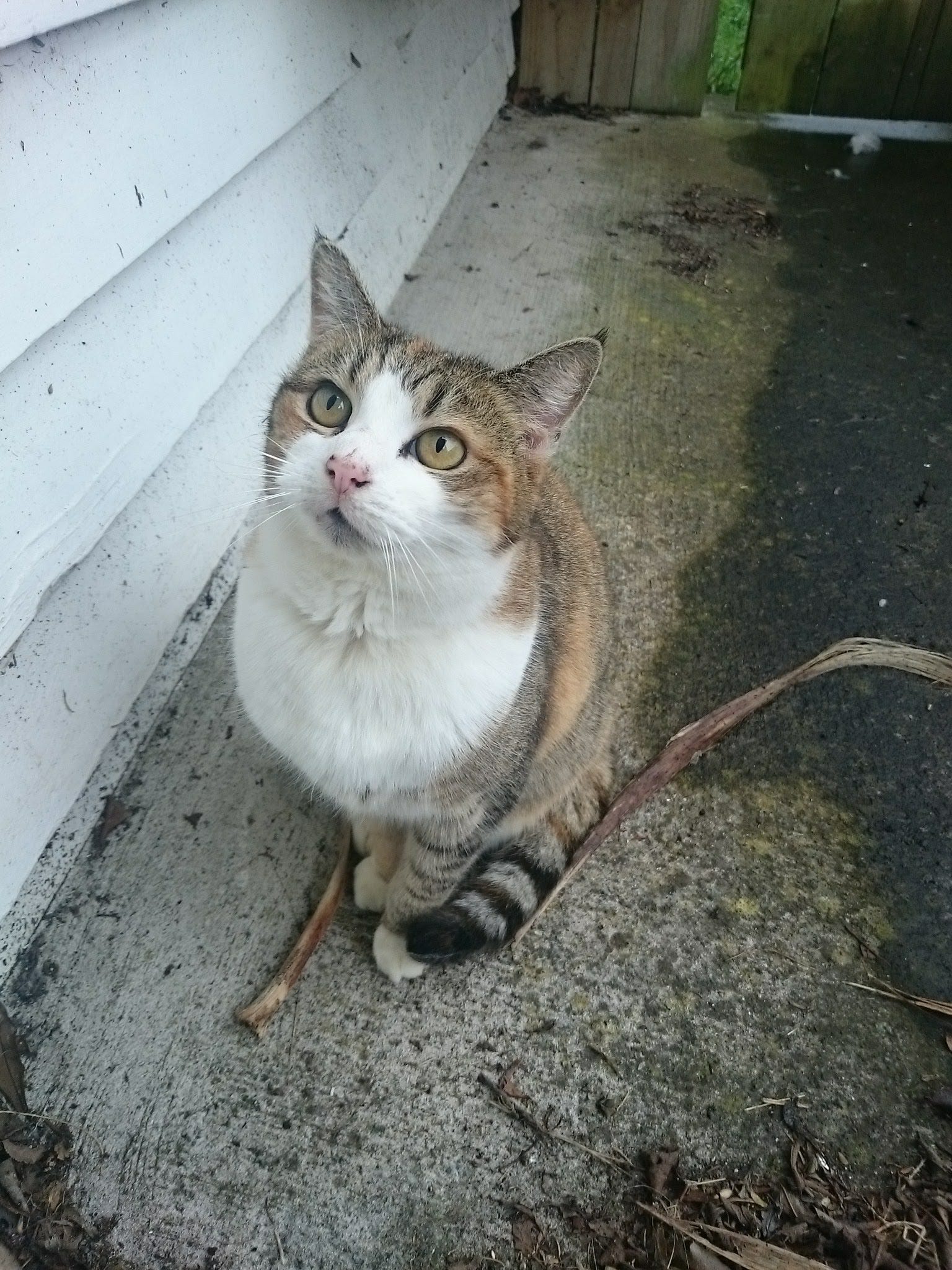
As this article explains, the “stages of grief” were actually created to give voice to lived experiences of people suffering from terminal illness. They weren’t conceptualized to be about the loss of loved ones at all. ↩
Season Two will probably be called Swole, or Mad Gainz, or something else enjoyably ridic. ↩

